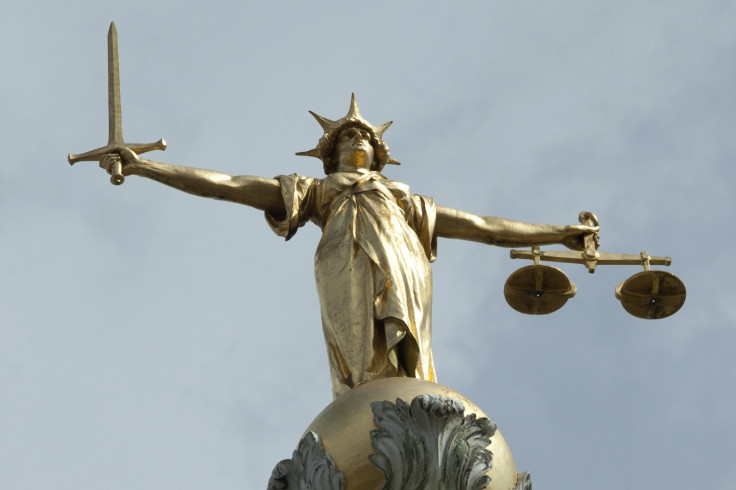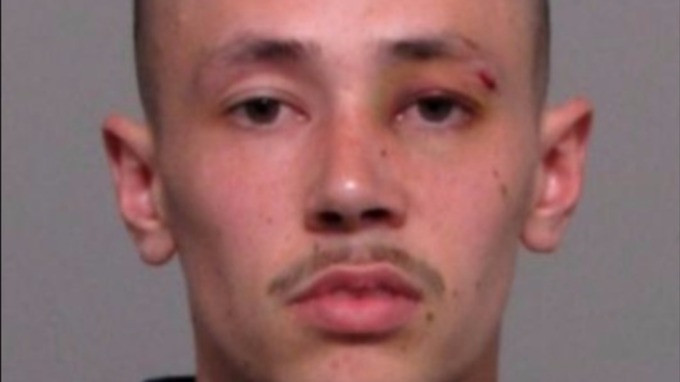Joint enterprise: Law 'wrongfully interpreted' for 30 years opens door for dozens of murder appeals

Dozens of convicted murderers could launch appeals to have their cases quashed after the Supreme Court ruled the joint enterprise law has been wrongfully misinterpreted for 30 years. The law, referred to as "parasitic accessorial liability", states people can be convicted of murder despite not being the one who actually killed the victim but instead encouraged or assisted whoever did.
Judges believe the interpretation of the law took a "wrong turn" in the 1980s and people were convicted of murder for having the "foresight" that the other person, known as the principle, would be the one about to commit the murder.
The Supreme Court said: "The correct rule is that foresight is simply evidence (albeit sometimes strong evidence) of intent to assist or encourage, which is the proper mental element for establishing secondary liability."
The court has already overturned the murder conviction of Ameen Jogee, who was jailed alongside his friend Mohammed Hirsi for killing Paul Fyfe in 2011. A judge ordered the jury to find Jogee guilty of murder on the basis he realised that it was possible that Hirsi might use a knife with intent to cause serious harm and was "egging" him on. Jogee was found guilty of murder despite being outside the house where the killing took place.
The Supreme Court agreed with Jogee's appeal that foresight is simple evidence of intent to assist or encourage, rather than proof someone knew a murder would result. However, he will remain in prison until lawyers determine whether he should be retried.

The judgment could lead to hundreds of people convicted of joint enterprise crimes launching appeals. The law allows groups or gangs of people all to be convicted of an individual's murder, if not all of them were responsible for the act or commit the fatal blow.
In 2007, three teenagers were convicted for the murder of Garry Newlove, who was attacked after confronting a group outside his house in Warrington. The mother of one of those convicted, Jordan Cunliffe, has campaigned against the decision, arguing he did not take part in the murder.
David Norris and Gary Dobson were convicted under joint enterprise in 2012 for the 1993 murder of Stephen Lawrence, who was killed in a racist attack in Eltham, south east London.
The Supreme Court ruling states: "This necessary correction to the wrong turning taken by the law does not mean that every person convicted in the past as a secondary party... will have suffered an unsafe conviction. A correction to the law does not have this effect. The outcome may in many cases have been the same.
"Those whose convictions are outside the time limit for appealing would require the exceptional leave of the Court of Appeal, Criminal Division, to challenge them out of time. It is for that court to enquire whether substantial injustice would occur in any particular case, but it is not the law that is shown simply because the rules which then prevailed have now been declared to have contained a flaw."
Following the ruling, Jogee's solicitors said: "We are glad our arguments on the law were accepted by the court and very pleased that the court took this opportunity to correct a grossly erroneous tangent of law and remove 'parasitic accessorial liability' (often referred to as "joint enterprise") from our law.
"The law had incorrectly and unfairly developed to convict secondary parties on the basis of mere 'foresight or contemplation' of what someone else might do. This over-criminalised secondary parties, particularly young people like Ameen Jogee.
"The consequence was that people were convicted of serious offences, committed by others, and imprisoned for lengthy periods. Primarily, we suggested to the court that there should be a return to the foundational law encapsulated in cases before the tangent created by joint enterprise."
© Copyright IBTimes 2025. All rights reserved.






















